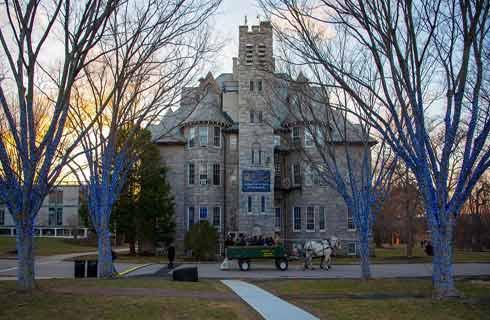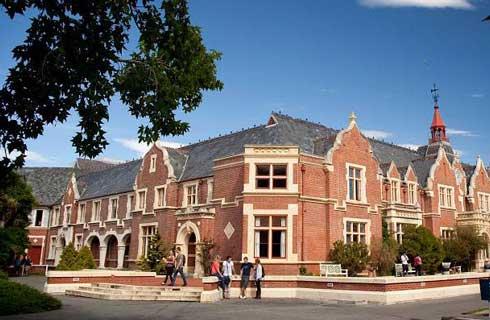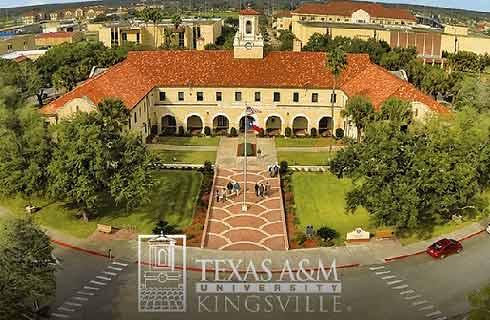课程简介
This programme explores the relationships we hold with our wild environments, and how these evolved. You will develop a knowledge of environmental debates from both cultural and scientific perspectives, and learn to communicate environmental issues using a variety of tools and strategies. The programme is suitable for students with or without a specialism in literary or environmental studies. <br>This interdisciplinary programme focuses on the emergent field of Ecocriticism and the wider Environmental Humanities, and aims to enable students to understand environmental issues from multiple perspectives. The School of Interdisciplinary Studies is one of the UK's foremost pockets of expertise in interdisciplinary environmental teaching and research. The programme connects its activities to the wider environment in applied ways through fieldtrips to varied locations, including the Galloway and Southern Ayrshire Biosphere Reserve, the Galloway Forest Dark Sky Park, the Loch Lomond and Trossachs National Park, and the Lake District National Park. Dumfries & Galloway is also home to the world-class Crawick Multiverse, designed by the internationally renowned land artist Charles Jencks. Dumfries & Galloway, in south west Scotland, is an ideal location for environmental study and research. The unspoilt beaches, hills and forests provide a stunning and diverse outdoor classroom, while the region's thriving artistic community, which specialises in environmental art, is a source of inspiration. The degree features a programme of guest speakers from relevant fields and publications. You will take three core and three optional courses. There is a choice of project work: you can choose to engage with a particular contemporary environmental issue or case study, or to undertake a personal interaction with the features of a particular location, examining notions of place creatively. You will also undertake a dissertation, through which you can develop and demonstrate independent research skills or a work placement where you will undertake research in a relevant organisation or company.<br>Graduates are prepared to enter fields from environmental journalism and education, to public relations, advertising and consultancy roles. The interdisciplinary nature of the programme means your skills are also tailored towards emerging fields such as negotiating between scientific fact and cultural understanding of climate change, and the anticipatory history that must inform landscape management in the future. Graduates have gone on to work for environmental NGOs, ecological arts organisations, and undertaken further study at PhD level.
展开


















































